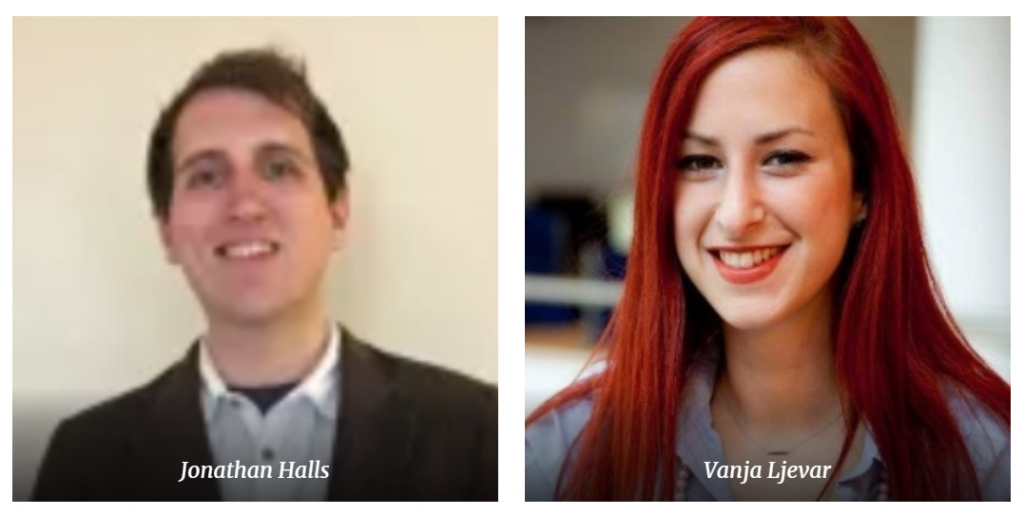This project arose from a Partnership agreement between the University of Nottingham and the University of Birmingham. More widely, the partnership scheme aimed to stimulate evidence-seeking approaches to challenges of teaching and learning. Projects would be modestly funded, managed by academic staff in the two universities, and refer to educational practice in those institutions.

Charles Crook, School of Education, University of Nottingham 
Elizabeth Nixon, Nottingham University Business School 
Anke Buttner, School of Psychology, University of Birmingham
In collaboration with

Rationale
There is currently concern over the practice of students purchasing bespoke answers to their course assignments. Such ‘contract cheating’ is widespread, although it goes largely undetected. Meanwhile, the quality of these commissioned assignments is demonstrably high (Lines, 2016). We suggested considering this worrying practice as an extreme point on a continuum: of “help-seeking”.
The challenge then becomes one of advising on the legitimacy of the various ways in which students may “seek help” with their assignments. Both web-based companies and freelance authors often present themselves as innocent agents of tutorial support. But this cloak of respectability identifies a genuine difficulty in specifying easy boundaries that distinguish help-seeking from cheating, or collaboration from collusion. Students may struggle with this uncertainty – yet so also may staff (Adams et al. 2016; Ashworth et al. 1997; Flint et al. 2006).
Therefore, what is urgently needed is better understanding of how students conceptualise and pursue help-seeking. However, a properly holistic approach also requires probing how such matters are understood by staff: including how the design of assignment tasks can resist student practices that violate expectations of academic integrity.
To date, empirical research has focused on the ‘essay mills’ extreme of help-seeking: exposing the operation and the quality of products offered by the raft of websites servicing student demand for assignments. A wider investigation was proposed for understanding this practice as manifest in a wider range of contexts and relationships. This would entail raising the following questions:
Research questions
- What forms of guidance do institutions currently give to students regarding the distinction between legitimate collaboration and inappropriate collusion?
- How can the continuum of help-giving agents and agencies be characterised?
- By why methods do these agents and agencies promote their services?
- How are these services perceived by relevant stakeholders?
- How do teaching staff and Schools experience challenges of collusion?
- What forms of plagiarism-resistant assessment are in operation?
- How do students experience the pressures of assignment regimes?
- How do students judge integrity imperatives in relation to help-seeking?
- What is the reach and organisation of the research literature on help-seeking?
